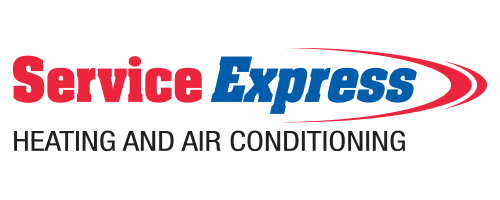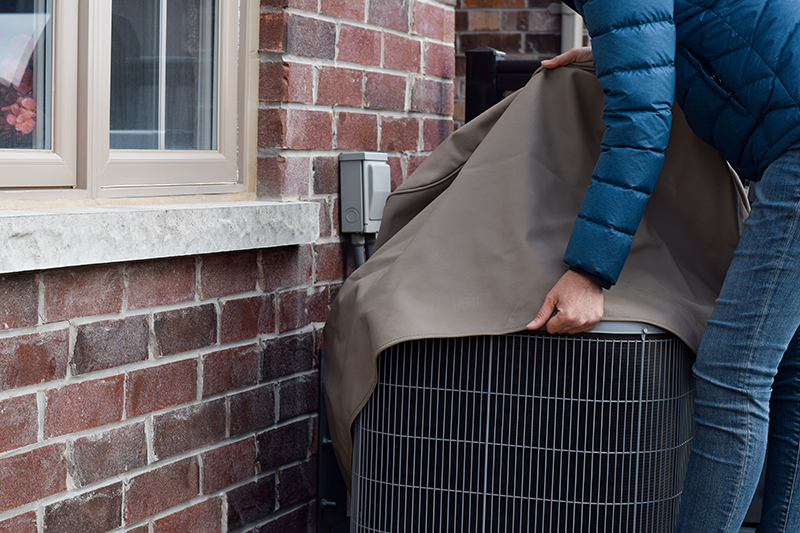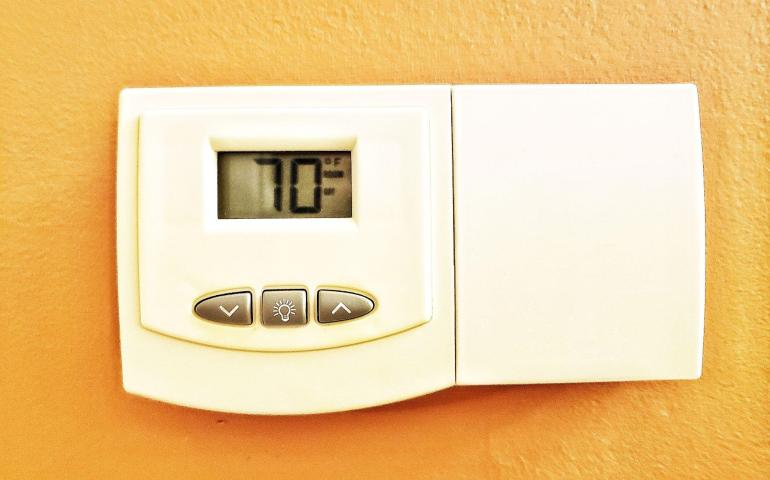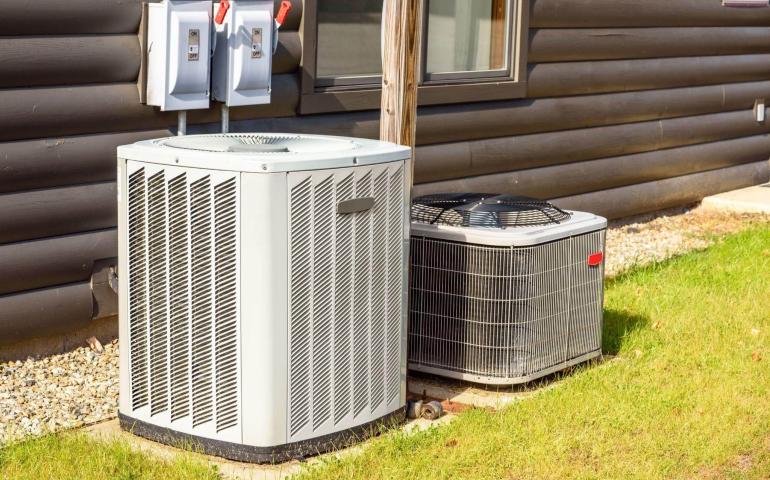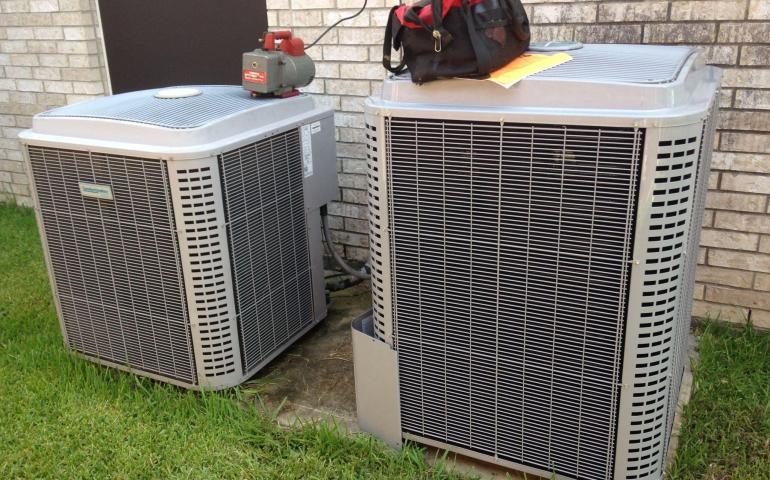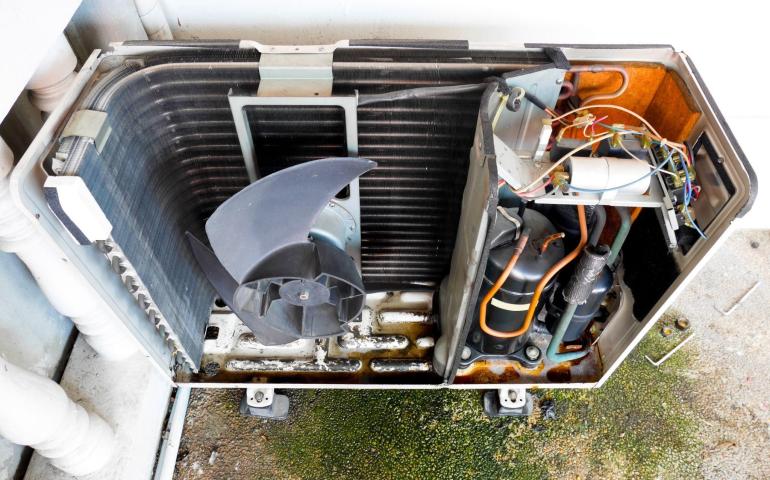As fall approaches, you will only need to use your air conditioner or furnace occasionally, if at all. If you have a heat pump, it will also be inactive for a short period. This is because the temperatures in temperate zones will be mild enough that you won't need to rely on your HVAC system. It's a good idea to schedule annual maintenance and upkeep during this time.
Understanding the HVAC Systems
Almost all HVAC systems have similar basic components: an outside blower that removes air from the house, an inside fan that pulls air into the system, and some sort of temperature-changing device. For ACs, that's a coil. For furnaces, it's a set of burners. For heat pumps, it's a heat exchanger.
The DIY Checklist
Some tasks are easy for you to do on your own. You can change the filter and hose off the outside components to remove leaves, dust, dirt, and other debris that could interfere with their proper operation. Vacuum inside vents, including removing the covers and cleaning the inside, especially if you have pets that shed hair, which can create dust inside the vents. It's also a good idea to install a smart thermostat to help your system operate more efficiently and last longer. For your own safety and the integrity of your HVAC system, these are the only tasks that you should handle on your own.
Benefits of Periodic Maintenance
When professional technicians perform routine maintenance regularly, your HVAC system will run more efficiently, saving money and power consumption. You'll be cooler when it's hot and warmer when it's cold, and your indoor air quality will improve. Most importantly, your HVAC system will last longer and require fewer repairs.
Professional technicians provide many services as part of the routine maintenance, including the following:
- Checking ducts for leaks and sealing them
- Measuring the level of coolant in the system
- Checking for coolant leaks
- Indoor and outdoor coil maintenance
- Replacing coolant if it's leaked
- Replacing leaking components
- Blower maintenance or replacement
- Compressor maintenance or replacement
If the system has given up, your professional HVAC technician will advise you on the best new system to buy. Generally, when your repair costs add up to more than half of the cost of a new system during any year, that's the time to get a new one.
What to Avoid
Don't ignore small problems, don't try to work on things that only professionals should do, and never ignore the advice of professional technicians. Also, when doing simple things that are appropriate for DIY, don't use the wrong tools.
Extend the Life of Your HVAC This Fall
Taking care of your HVAC unit is simply a good idea. At Service Express Heating & Air Conditioning, not only do we have nearly six decades of experience in the industry, but we also have both an A+ rating and full accreditation from the Better Business Bureau. We also offer maintenance plans that come with a satisfaction guarantee. To have us come and take care of any HVAC problems you might have, contact our office to book an appointment today.
